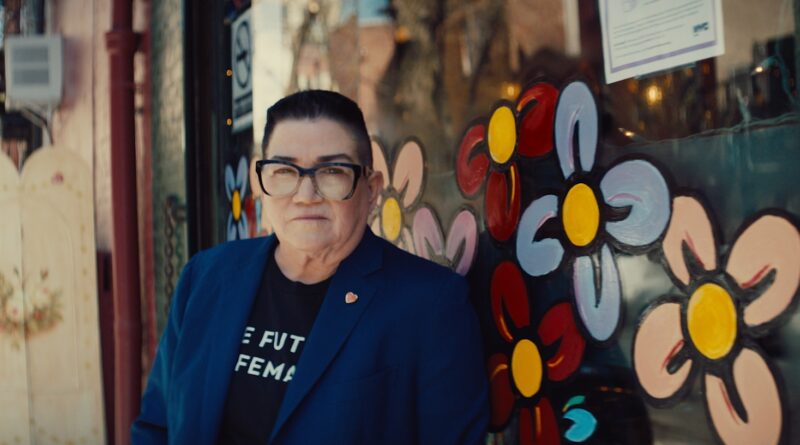The Lesbian Bar Project continues with vital new docuseries
Did you know that there are only approximately 25 lesbian bars left in America right now? Shocking, isn’t it?
It was jarring to us when we first discovered the news that so few spaces in the American nightlife scene are set aside for queer women.
Thankfully, The Lesbian Bar Project is working to help change that. In 2020, filmmakers Erica Rose and Elina Street – with the help of out actor Lea DeLaria, The Katz Company, and Jägermeister – created the Lesbian Bar Project, a series of public service announcements, documentaries, and fundraising efforts to help keep the existing lesbian bars in business.
After successful campaigns over the past two years, we wanted to see if there were any improvements or developments in the lesbian bar scene in 2022, and thankfully, there were. We spoke with Erica Rose who gave us these promising updates and hints at what lies ahead for the project.
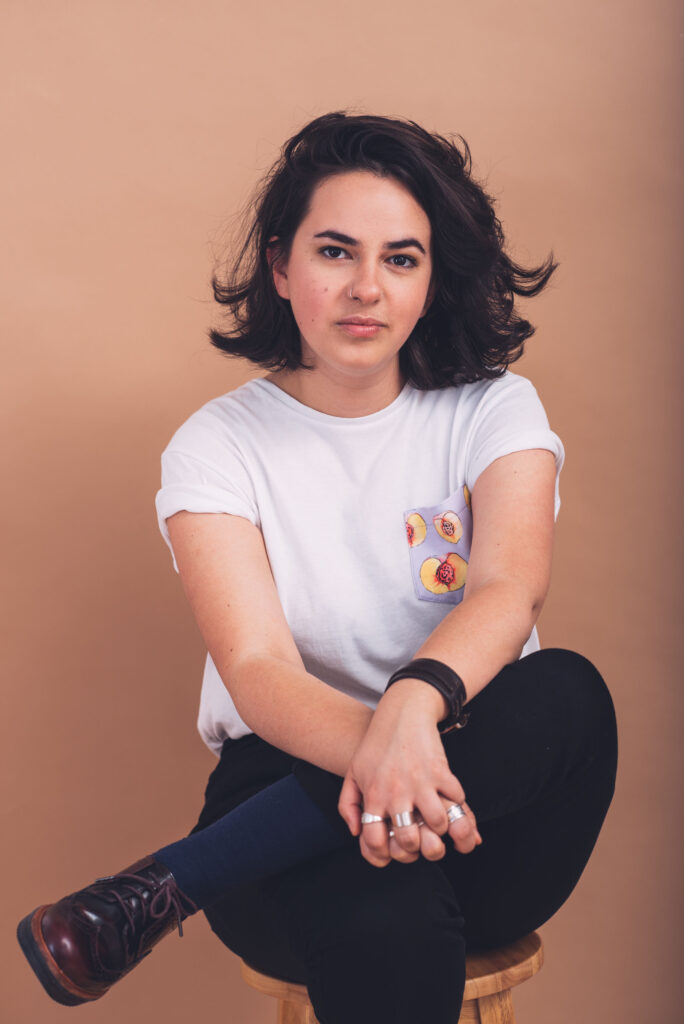
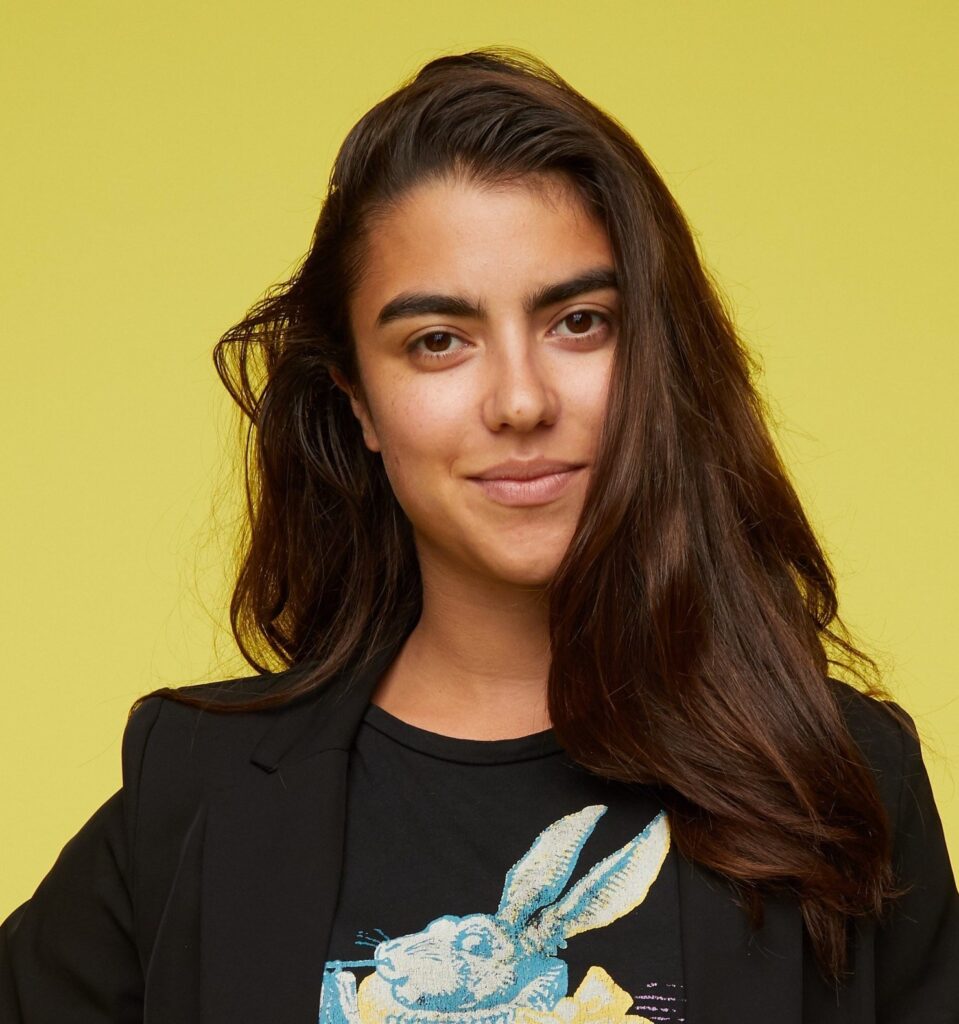
Hi Erica! Thank you so much for taking the time out to update us on what you have been up to. To start, in your own words, please tell us what The Lesbian Bar Project is and what compelled you to establish it.
Erica Rose: The Lesbian Bar Project is a documentary project and impact initiative to raise awareness and tell the stories of the lesbian bars and queer women spaces across the United States.
When the pandemic hit both Elina, my co-founder, and I was out of work as filmmakers, and this coincided with a couple of articles coming out about how there were only 16 lesbian bars left in the country at the time. I consider myself very ingrained in the queer community, and I didn’t even know the numbers were that bad!
So, Elina and I decided to use our skill set as storytellers to launch this initiative and to tell the stories of these bars. In 2020, we released a 90-second public service announcment that was executive produced and narrated by Lea DeLaria which was supported by Jägermeister. We also did a fundraising campaign and raised over $117,000 for the bars that year.
From there we took a few months to research, trying to ensure that we had identified all of the lesbian bars. We were sure we had missed some because frankly, there hadn’t been an exhaustive list of all these spaces in one place before we initiated it. A lot of people from the community stepped up to help us. Our vetting process came down to: does the community identify the bar as a queer women’s space/ lesbian bar and do they themselves identify as that? As a result, we added a couple more bars to our list in 2021 and produced a 20-minute short film, also with Jägermeister and Lea DeLaria who starred in it. Then we did another fundraising initiative and raised over $150,000 for the bars.
Now we’re currently in production for a three-part docuseries that will be premiering on Roku in October this fall.
That’s amazing! We were wondering since 2021, the website shows that we’re down to 21 lesbian bars in the country. Have we lost any more over the last year due to the pandemic? Or are we still at 21?
We’re just about to release a new list next month, and we’re actually around 25! We’re still doing our final vetting process, but we’ll be announcing that soon. We always say it’s an estimated number, just in case.
It’s great that we’ve gone from 21 to 25, but it’s still looking pretty dismal. When we embarked on this project it was really important to me to get some sort of a number of how many queer women there are in the country. There’s not really specific census data on this, but what I was able to put together was roughly around 8.5 million, and that’s not even inclusive of nonbinary or gender nonconforming people.
The fact that we have only 25 bars in the country to serve 8.5 million people is completely disproportionate to the population that these bars serve. The amount of space we have is a direct reflection of society’s value of queer women, and by looking at just the pure numbers we are incredibly undervalued so unfortunately, the onus is kind of on us to protect our own spaces in communities.
What’s really encouraging though, is that since we’ve launched the project (and I don’t want to say it was just solely us), there has been this enthusiasm about queer women bars like we haven’t seen in years. Many bar owners that we’ve worked with are saying in the past year and a half, they’ve started doubling their business, or that their business has gone up by 40% which is amazing. I think that because there’s more visibility that people are far more aware of their own individual impact on the sustainability and vitality of these spaces.
That is so good to hear! And honestly, your work had a lot to do with the lift in numbers we are seeing. There’s a long way still to go but the improvements are promising! So, with the docuseries, is there anything you can tell me? What cities are you filing in for this go-around?
Erica Rose: Right now we are doing Houston, Phoenix, and New York and we do have plans to expand. We’ll be able to release more information about the series in the next couple of weeks.
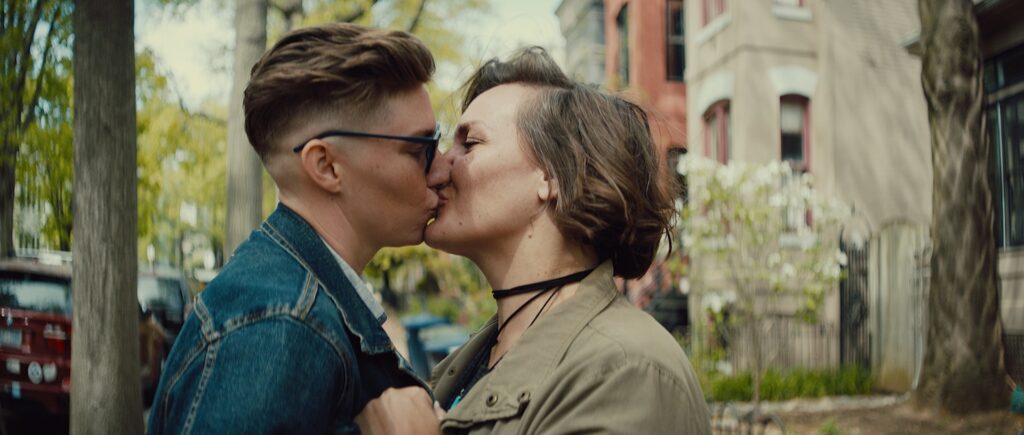
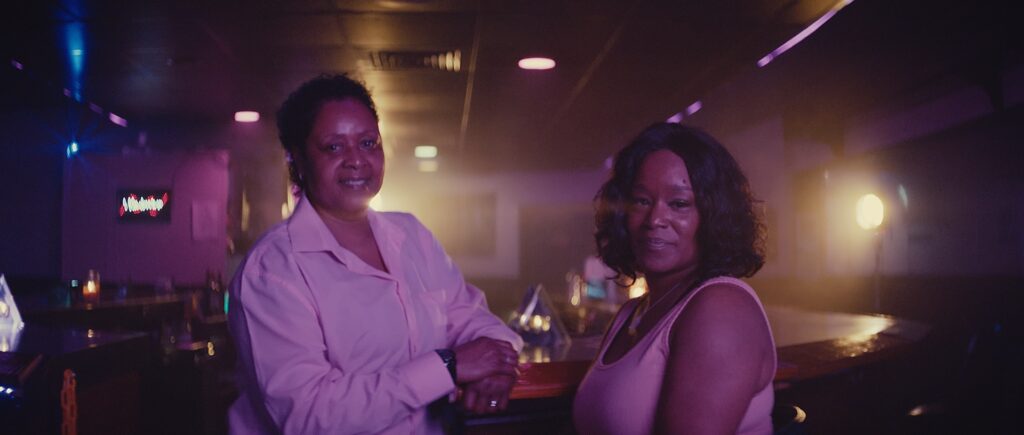
Very cool. Looking forward to the details! Can you tell me how your Lea DeLaria came to be involved with the project?
We had thought we needed a unifying voice, especially in the first phase of the project. The PSA needed someone who can encompass many different experiences and perspectives, and we were looking for a notable queer woman to spearhead that. And what is amazing about Lea is that she’s one of the few queer women celebrities that still patronize the bars; she has her stool at the Cubbyhole and she’s a fixture there. So, it felt like a really natural fit.
We just put in a formal offer. Elina and I wrote her this very heartfelt letter basically explaining why we thought that she was the perfect fit for the project, and we got a call from her manager within a couple of hours of that email. It was pretty remarkable, and she signed on as an executive producer and we’ve been working with her ever since.
Yes! You love to hear that about celebrities! Part of your documentary focuses on why lesbian bar patronage diminished through the years. What are your personal thoughts on the matter?
I think there’s a lot of factors. I think that we can pinpoint a couple of leading ones like gentrification, especially in our coastal cities. It’s wiped out a lot of spaces that are owned and operated by marginalized people that cater to marginalized people. So, that’s not just lesbian bars, it’s all queer spaces and spaces that cater to people of color. They’ve been wiped out pretty heavily by just impossible rents and housing prices. So that’s one issue.
And then I think that with Obergefell in 2015, up until the recent Dobbs decision, there was a little bit of complacency. There was more assimilation, especially in the liberal cities, so people with the most privilege in the queer community could go to a bar that wasn’t specifically queer and feel relatively safe, especially with their partner or whatnot.
And when we are complacent with the fall of queer spaces, we’re essentially saying we’re OK with space being generally heteronormative and that doesn’t reflect our population. It doesn’t reflect the fact that we’re not just straight, white, fit, and binary in that way. We need spaces that reflect all of the diversity of our country.
And then there’s the undervaluing of queer women I spoke to before limiting the number of spaces available.
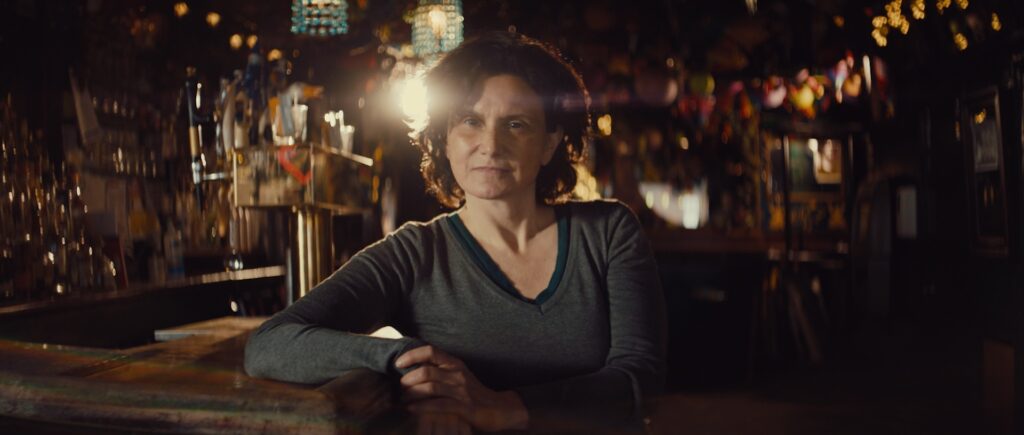
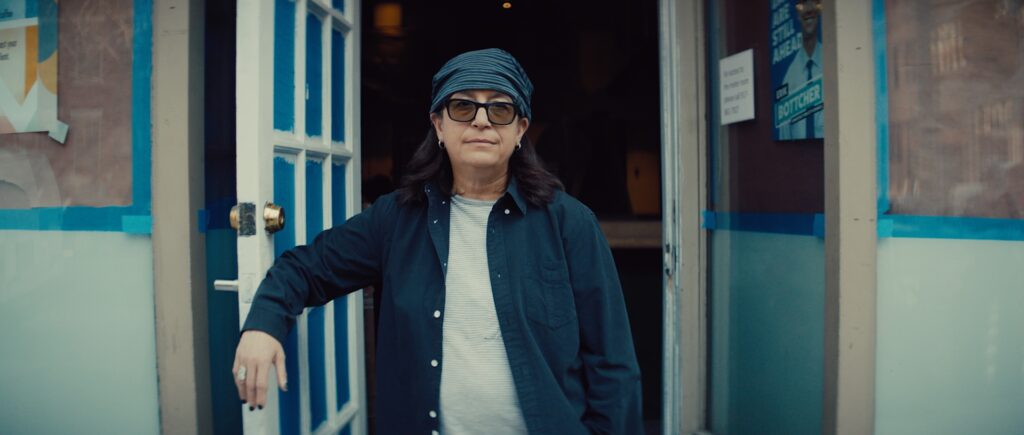
All very valid points for sure. Do you think another factor might be generational differences? For instance, bar culture is something older queer people grew up with and relied on as opposed to the younger generations who do a lot of their socializing online.
Well, it’s really interesting because it really depends on where you are. I think if you’re in a major city, there’s this enthusiasm among young people to be back in the bars, especially with the Gen Z kids. When we were just filming with Henrietta Hudson in New York, the primary age group that goes there now is under 30 and that’s really exciting to us. I think that a lot of those people are sick and tired of living their lives behind screens.
I look back at my memories of my 20s and those were primarily in the streets of New York and the nightlife scene, living my life. And that’s how memories are created and how people are formed!
Similarly, we were in Houston recently. I have never seen anything like the scene at Pearl Bar. It was around Pride, but it wasn’t their Pride weekend and still, there was like a line out the door and around the block. There were hundreds of people in there and most of those people were younger.
That is really encouraging to hear because for these institutions to continue to thrive we will need future generations of queer people to appreciate their worth.
Thank you so much Erica for taking time out of your shooting schedule to speak with us. We can’t wait to see the docuseries and what you guys get up to next!
For future updates about the Lesbian Bar Project and to watch the original documentary head over to www.lesbianbarproject.com.

